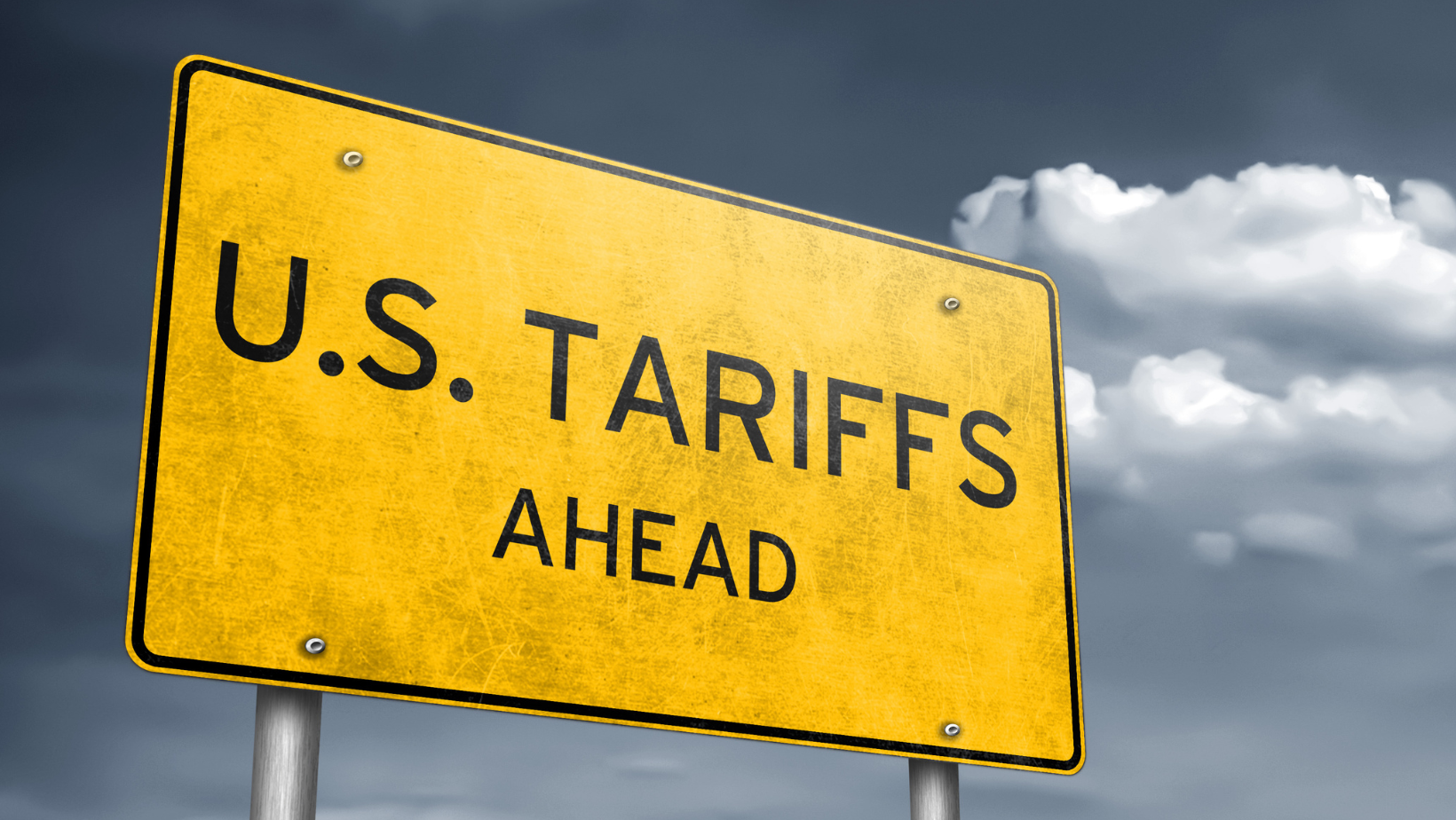

As the world awaited the United States' reciprocal tariffs on April 2, 2025, President Donald Trump caught everyone off guard with a new move: a 25 per cent duty on imported beer & aluminium cans and assembled automobiles & car parts. This did not mean that Trump exempted his trade partners from reciprocal tariffs; rather, he simply added another surprise to the mix.

As per the report, tariff on beer and empty aluminium cans will take effect on Friday, April 4, at 12:01 a.m. Eastern Time, while cars and car parts will face the duty a day earlier. Already, this new tariff announcement has sent shockwaves through businesses worldwide, sparking speculation about the potential impacts on trade dynamics, price structures, and consumer sentiment.
Concerns in the beer and can market
In 2024, the United States imported beer worth USD 7.5 billion, with Canada being the largest exporter, supplying USD 6.3 billion worth. The Netherlands followed with USD 683 million, Ireland with USD 192 million, and Mexico with USD 73 million. This raises two-sided concerns: Will the tariff-impacted countries pay the additional duty and continue exporting? Or, will the US domestic beer consumers pay inflated costs for imported goods?
The same concern applies to empty aluminium cans: whether the exporting countries will keep shipping cans despite the higher tariffs and whether the US companies will bear the increased costs. The question then becomes: will this move, which Trump believes is aimed at strengthening the domestic economy, ultimately end up costing Americans in the long run?
In 2023, the United States imported USD 411 million worth of aluminium cans, with top suppliers including Mexico, Canada, Germany, China, and France. With the implementation of this new tariff, will imports remain steady, or will they decline?
 Events
Events
 e-Magazines
e-Magazines
 Reports
Reports



Responses






